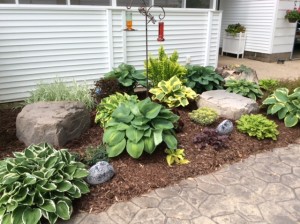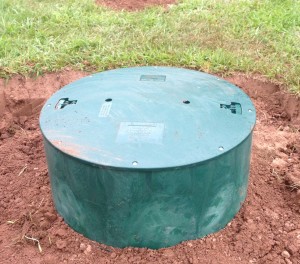Less traffic, more privacy, peace and quiet… and extra costs???
If you are looking to rent a home in the country — that is, away from city water — you are probably looking forward to a little more privacy and peace. However, please keep in mind that a home away from town needs to have its own septic system or holding tank. Be aware of this and ask your potential landlord what the arrangements will be when it comes to maintaining the system.
If the home has a septic system (conventional, mound, etc.), it will have to be pumped every few years. Who will pay for this service? You or the landlord? If problems arise and the system needs to be jetted or even replaced, how much of that cost are you responsible for?
Or if the home has a holding tank (a tank that “holds” the solid waste and water from the house) it will need to be emptied rather frequently, perhaps monthly depending on the household’s use. Again, does the landlord expect the renter to pay for this service?
Ask your landlord ahead of time! Don’t go into a renting agreement without knowing this information! It may mean extra cost that perhaps you now need to consider. At the very least, when it is time to be pumped, your local pumper will appreciate knowing when you call from whom they will be receiving payment.
And ask them to show you in the yard where the covers are for the tanks! This is good basic information to know.



